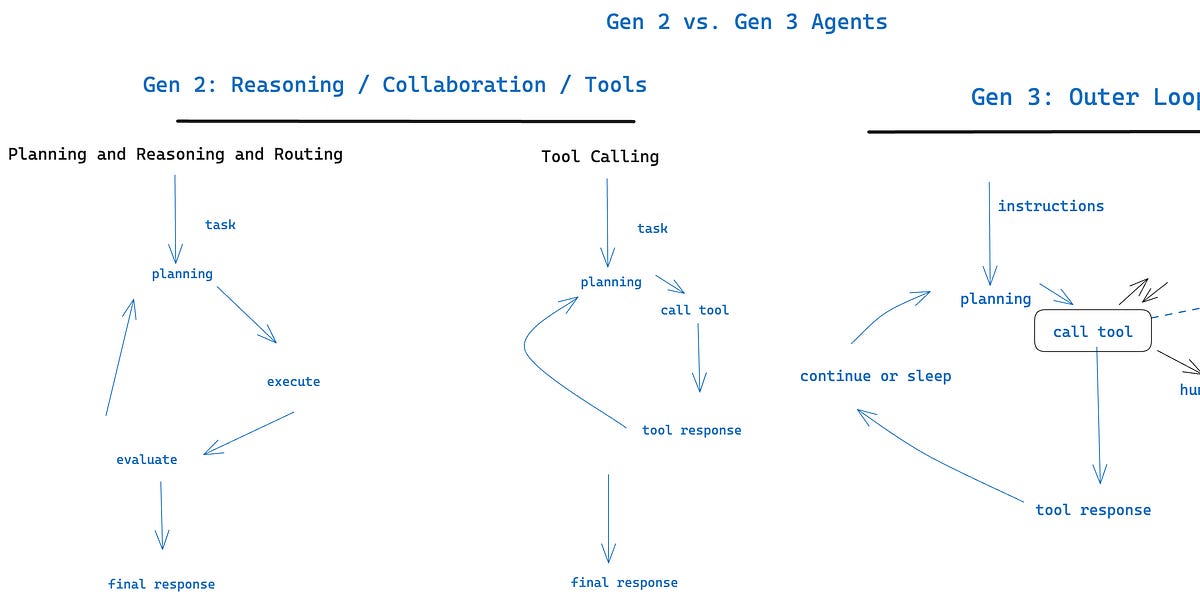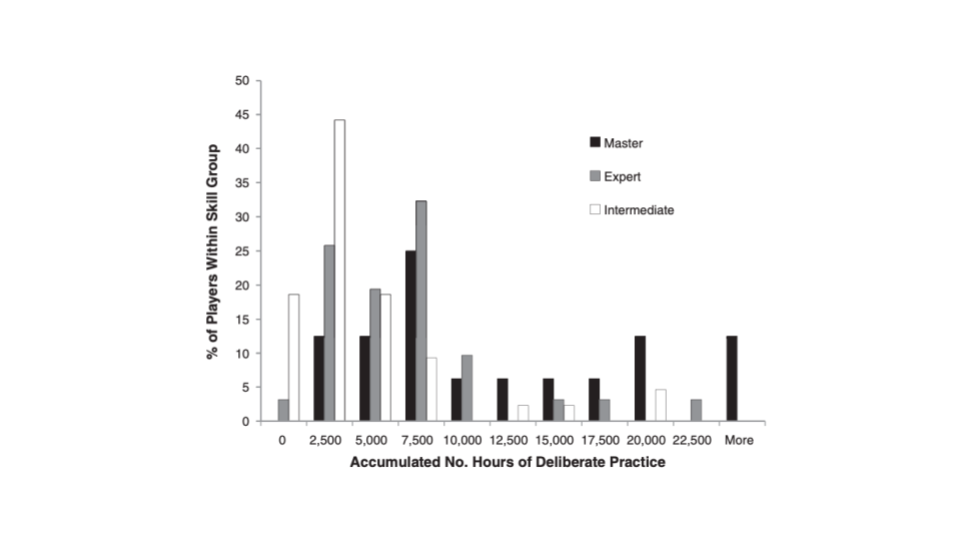Does L-theanine work for me? Effect on sleep and cognition
Many supplements are said to improve sleep, but how can I know if they work for my individual case if the effects are not obvious? To answer this, I ran a self-experiment with L-theanine using this platform.
L-theanine, commonly described as an aid to relaxation, is a non-protein amino acid that can most easily be found in green tea. It is credited with a wide range of positive effects, such as:
Of course, the issue with relying on studies is that the response to a supplement varies across individuals. I may be a high-responder or I may get no benefit at all. Which will I be for L-theanine? Let’s see what the data says.
Over the past year I used two different L-theanine brands: one which came in 500mg capsules and the other in 200mg. To give you an idea of how much L-theanine that is, 250 mL of brewed green tea yields approximately 8 to 30 mg of L-theanine; so around 2.5 litres of brewed green tea would be needed to get 200mg of L-theanine. You can see the pattern of usage in the graph below; I tracked this using the Journal feature on this website. The blank in the middle is when I stopped taking it for a few months.
Sleep data was collected first using a Fitbit Charge 5 and then a Garmin Forerunner 255. The data collected by these watches on sleep, exercise, and heart rate was then synced directly into this website using the import widget.
Leave a Comment
Related Posts

















1728301051-0/Untitled-design-(14)1728301051-0.png)


